The climate crisis is the world’s biggest problem. It’s not only the most pervasive threat to the environment and society but we have no one to blame but ourselves.
Increasing human-made greenhouse gas emissions from industrialisation, burning fossil fuels, deforestation, refrigeration, farming livestock so that we can eat meat, dumping waste into landfill, travelling, and using cement, solvents and spray can propellants are causing global warming.
Even watching Netflix or sending an email adds carbon dioxide – the largest contributor to global warming – into the atmosphere.
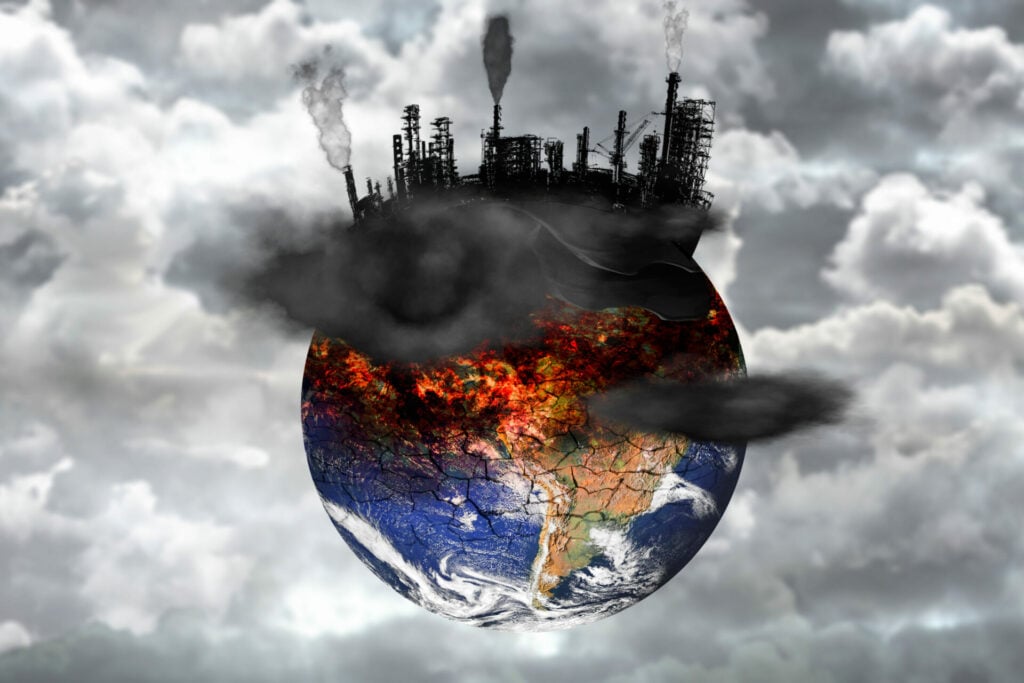
Our daily internet habits adds up to 3.7 per cent of the world’s heat-trapping greenhouse gas emissions – equivalent to the annual emissions of the entire airline industry.
Between us, we have raised atmospheric carbon dioxide levels by nearly 50 per cent since 1750, according to NASA.
Our daily internet habits adds up to 3. 7 per cent of global greenhouse gas emissions – the equivalent of the annual emissions of the airline industry
The global temperature is presently increasing at a rate of 0.2°C per decade, according to the European Commission, with 2011 – 2020 being the warmest decade on record.
This has resulted in polar ice shields melting, sea levels rising, and extreme weather conditions that happened once a decade, including torrential rainfall or heatwaves which result in flooding, mudslides, droughts and wildfires, now becoming annual disasters.
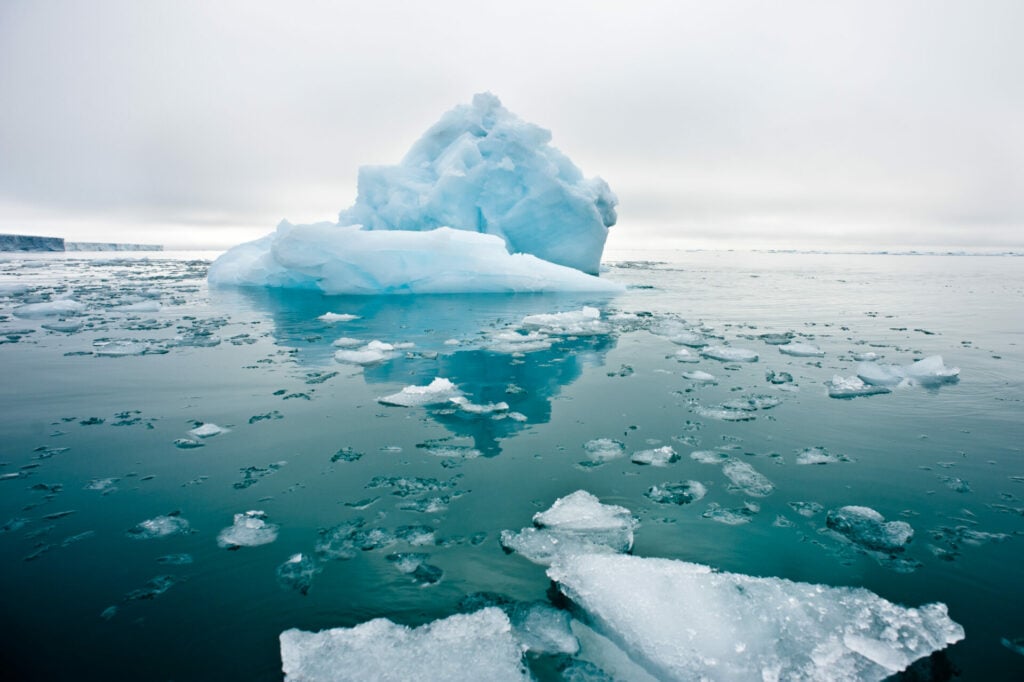
The international community has recognised the need to keep global warming below an increase of 2°C compared to the temperature in pre-industrial times to stop catastrophic changes in the global environment and halt the climate crisis. The limit is currently set at 1.5°C.
But the UN Environment Programme (UNEP) has warned not enough is being done to achieve this, despite legally binding promises made at the 2015 Paris Climate Conference, and that there is currently ‘no credible pathway’ to make that happen. Only a 45 per cent emissions reduction will limit global warming to 1.5C, their latest report states.
As it stands today, latest data indicates that the world is on track for a temperature rise of between 2.4C and 2.6C by the end of this century.
‘In the best-case scenario, full implementation of unconditional NDCs and additional net-zero emissions commitments point to only a 1.8C increase, so there is hope,’ UNEP said.
But we need to change our behaviour globally – and fast because global warming and the climate crisis isn’t just an environmental catastrophe. It’s a humanitarian one, too.
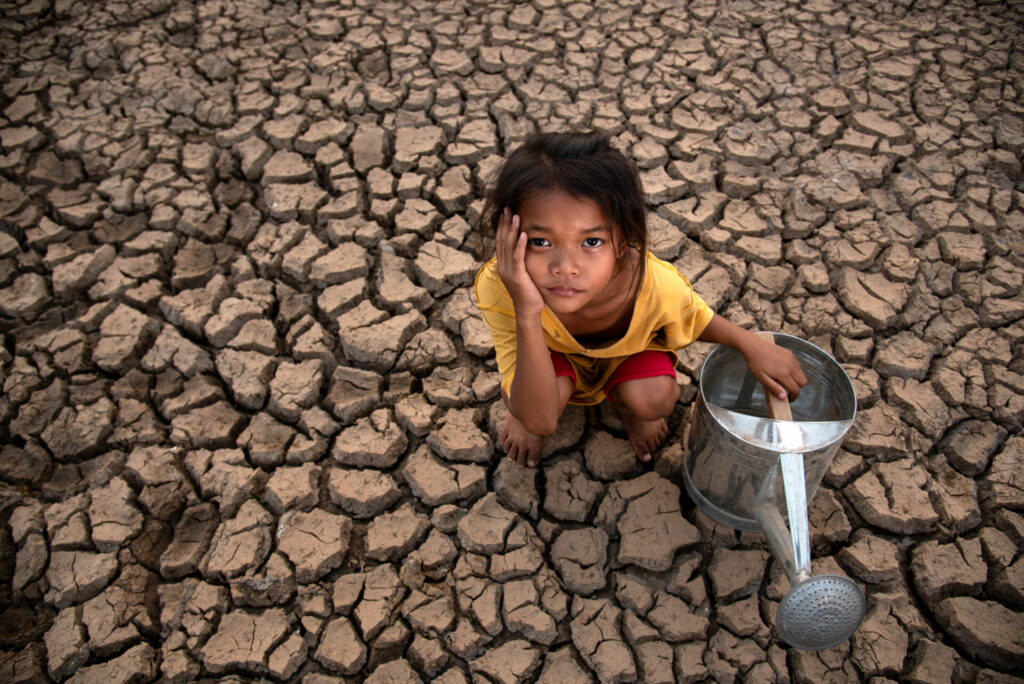
As the richest countries pump out the most greenhouse gas emissions – the G20 members, for example, account for 78 per cent of emissions over the last decade, according to the UN – the poorest suffer.
‘The effects of climate change fuel the cycle of poverty’
Concern Worldwide
‘Throughout the world human rights are being negatively impacted and violated as a consequence of climate change,’ Ian Fry, UN Special Rapporteur, told the General Assembly.
As well as less access to food, water, work, health facilities or housing, communities in developing countries don’t have ‘freedom from violence, sexual exploitation, trafficking and slavery,’ he added.
Put simply – as Concern Worldwide, the international humanitarian organisation – says: ‘The effects of climate change fuel the cycle of poverty.’ The ramifications of the climate crisis are real, causing forced migration, undernourishment in children, lost livelihoods, lower education levels and gender-based violence.
Climate Crisis Permeates Everything
But we are all suffering because the climate crisis affects everything. From economies to geopolitics, it touches all in its wake and permeates every aspect of our lives. ‘It shapes cities, life expectancies and wine lists,’ Forbes says.
That’s why it is at the top of the world’s agenda with 75 per cent seeing climate change as the top global threat, according to the latest Pew Research Center survey. And this fear is rising. In Britain, for example, three-quarters of adults surveyed are now worried about the climate crisis, compared to only 48 per cent in 2013.
Kid Power
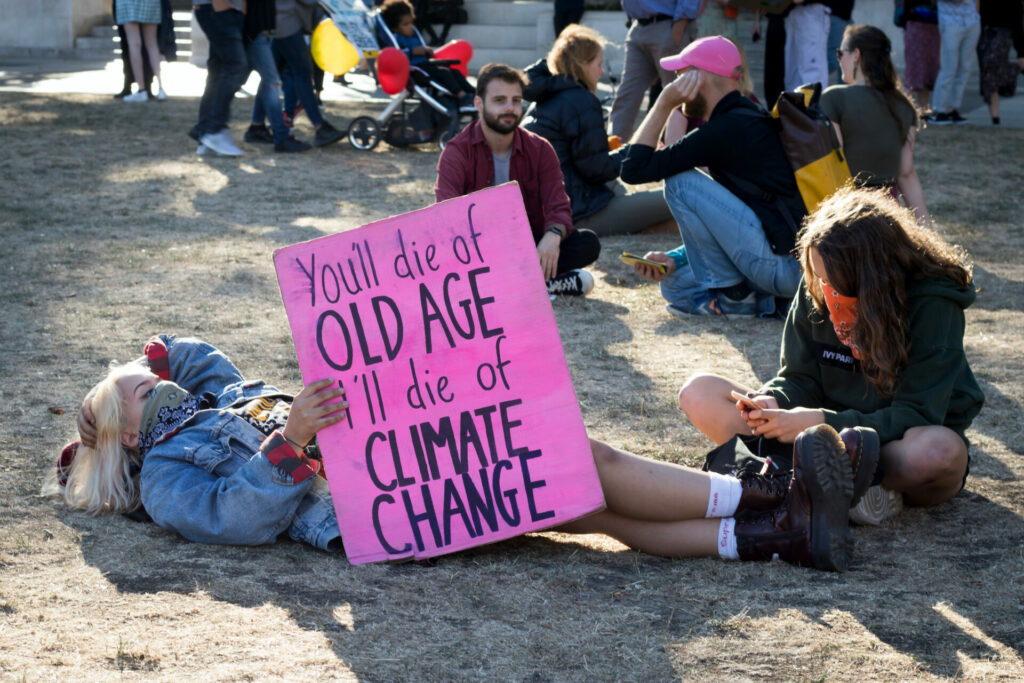
But there’s one person who saw all this long before the rest of the world: Greta Thunberg. The Swedish activist made global headlines aged 15 with her ‘School Strike for Climate’ campaign calling for action to mitigate climate change back in August 2018.
So it’s no wonder that globally, two-thirds of children aged between seven and 12 are worried about the climate crisis (71 per cent), while more than a quarter (27 per cent) cited the impact on animals as their biggest concern, and one in five (19 per cent) fear plastic pollution.
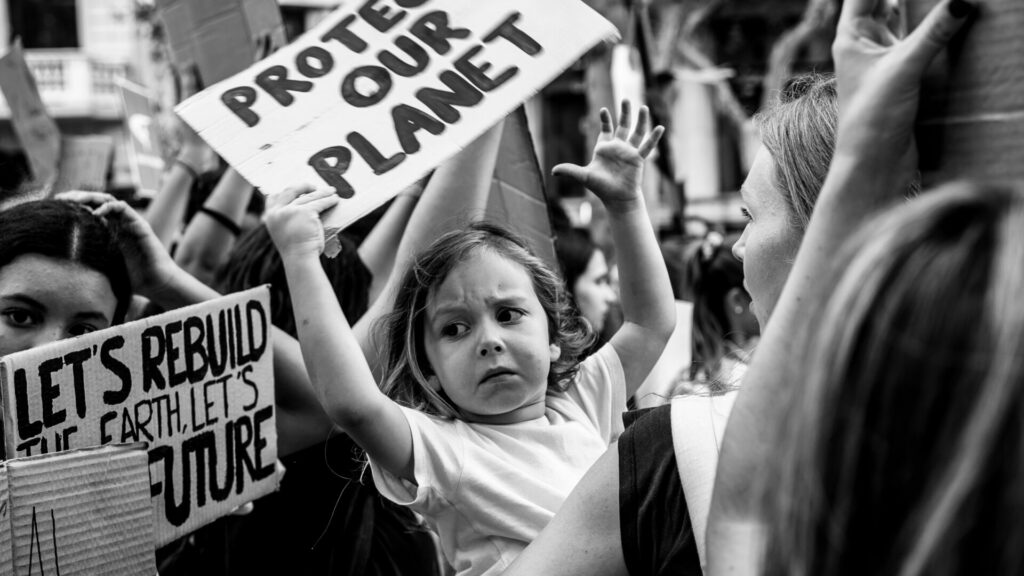
Sir David Attenborough is their biggest educator for tackling environmental issues, a survey for eco-grocery start up Modern Milkman discovered, while millions of children and teenagers have followed Greta ‘Friday’s For Future’ movement walk out of school since it began.
That’s because Generation Alpha believe in their power to make a difference with the vast majority (85 per cent) saying it’s everyone’s responsibility to tackle the issue while these mini activists they’re optimistic: nine out of ten (91 per cent) believe that personal actions have a positive impact.













